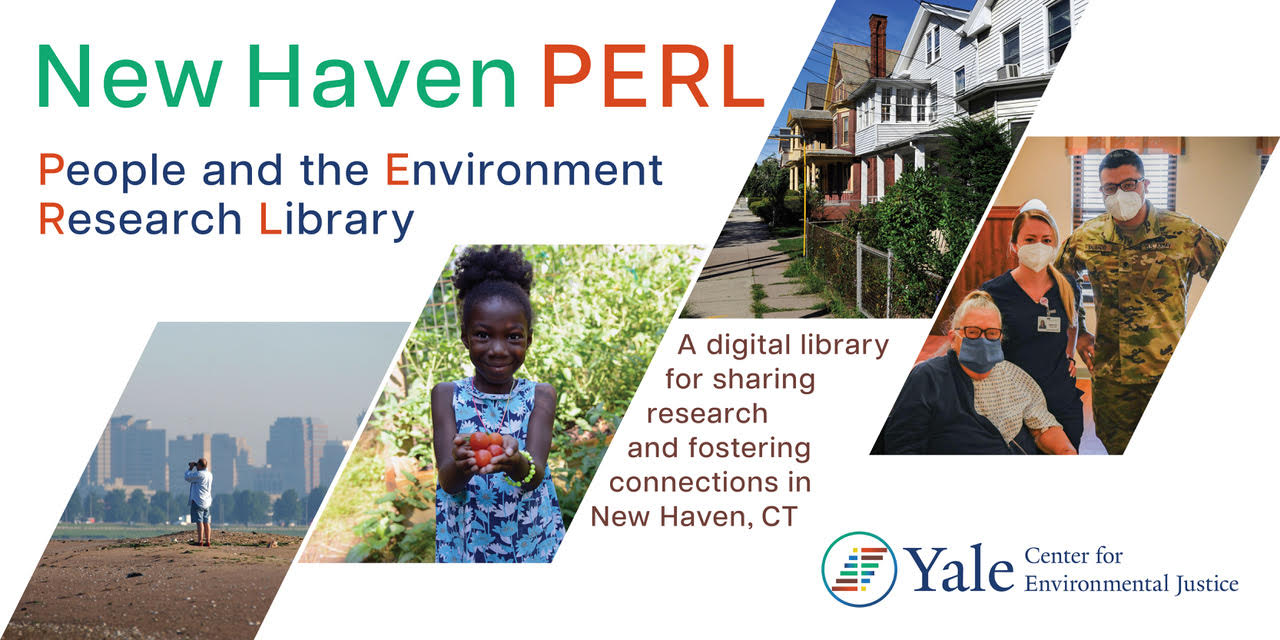The Implementation of a Nutrition Intervention in Food Pantries: The Spirit of SWAP
Document Type
Article
Summary Description
This research paper investigated the implementation and outcomes of a nutrition intervention called SWAP at two large food pantries in New Haven.
Abstract
Background: Food insecurity, affecting approximately 10% of the U.S. population, with up to 40% or higher in some communities, is associated with higher rates of chronic conditions and inversely associated with diet quality. Nutrition interventions implemented at food pantries are an effective strategy to increase healthy food choices and improve health outcomes for people experiencing food and nutrition insecurity. Supporting Wellness at Pantries (SWAP), a stoplight nutrition ranking system, can facilitate healthy food procurement and distribution at pantries. Purpose. Guided by the RE-AIM Framework, this study assesses the implementation and outcomes of SWAP as nutritional guidance and institutional policy intervention, to increase procurement and distribution of healthy foods in pantries. Methods: Mixed-methods evaluation included observations, process forms, and in-depth interviews. Food inventory assessments were conducted at baseline and 2-year follow-up. Results: Two large pantries in New Haven, Connecticut, collectively reaching more than 12,200 individuals yearly, implemented SWAP in 2019. Implementation was consistent prepandemic at both pantries. Due to COVID-mandated distribution changes, pantries adapted SWAP implementation during the pandemic while still maintaining the "spirit of SWAP." One pantry increased the percentage of Green foods offered. Challenges to healthy food distribution are considered. Discussion: This study has implications for policy, systems, and environmental changes. It shows the potential for SWAP adoption at pantries, which can serve as a guide for continued healthy food procurement and advocacy. Maintaining the "spirit of SWAP" shows promising results for food pantries looking to implement nutrition interventions when standard practice may not be possible.
Publication Status
Published
Category Tags
Food, Nutrition, and Agriculture; Social Services
New Haven Neighborhood
New Haven (All)
Recommended Citation
Morales SI, Vicente G, LaMonaca K, Rios J, Cunningham SD, Higginbottom J, Mathios E, Werlin S, Cramer J, Santilli A, O'Connor Duffany K. The Implementation of a Nutrition Intervention in Food Pantries: The Spirit of SWAP. Health Promot Pract. 2023 May;24(1_suppl):80S-91S. doi: 10.1177/15248399221112454. PMID: 36999497.


